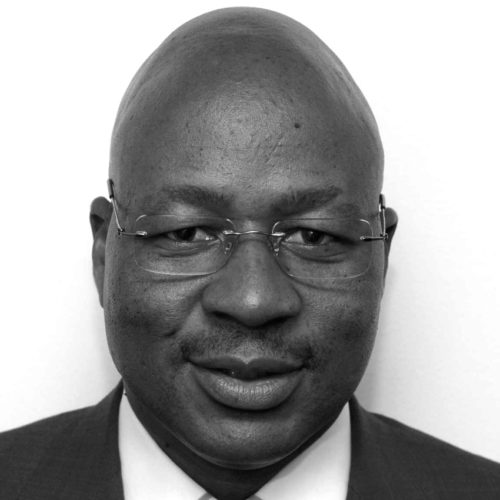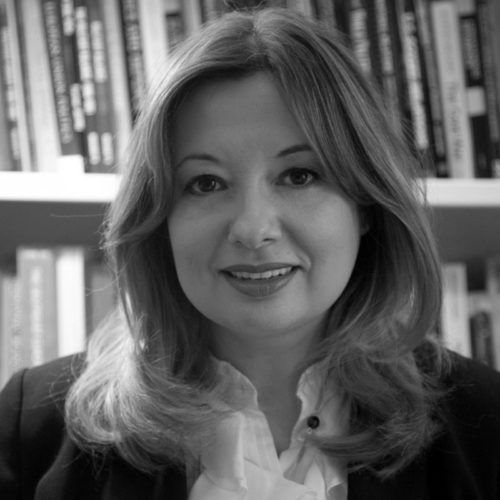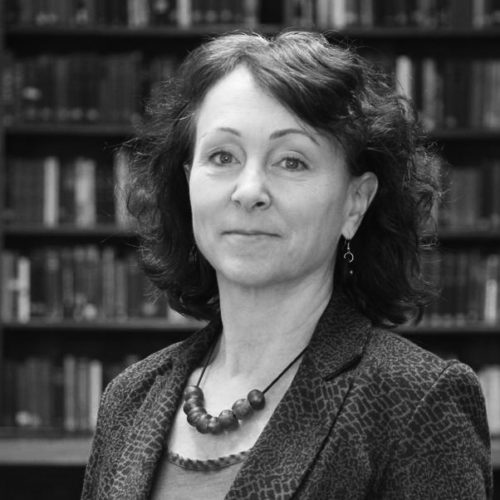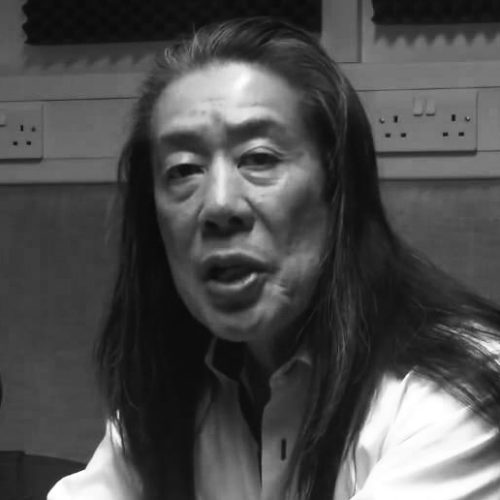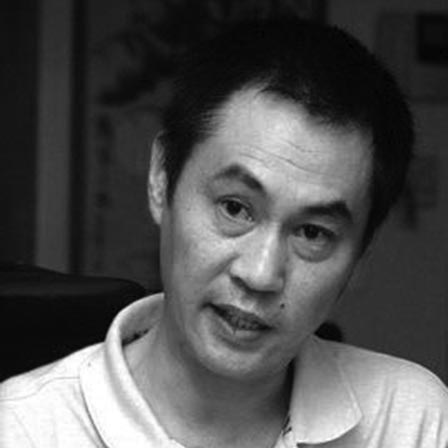The panel ‘Redefining the Global Agenda’ discussed issues surrounding the established current world order and explored the players in the international arena that have the potential to change and shift the power equilibria. One of the first questions of debate was on defining the established global order to explore the subject more appropriately on a common ground. Participants discussed how countries experiencing significant economic growth in the last decade were regarded as the new players of the international arena. In this regard, the powers that constitute the first circle when it comes to bringing peace and stability and combatting conflicts in different regions around the world were considered to be the leading and powerful. The phenomenon of problem solving in the face of political and socioeconomic challenges was elaborately discussed by shedding light on poverty, social exclusion, global security and creating a more equitable world.
The moderator, Craig Copetas began the panel discussion by highlighting current global affairs and in particular focused on the industrialization of anti-terrorism which has led to the foundation of the established economic order being shaken. The question of whether there is a correlation between intentionally instigating demolition and rebuilding for the sake of an investment opportunity was raised.
The first speaker, Kingsley Makhubela emphasised that the root causes of extremism should be addressed. He said there existed a “security dilemma” and proposed taking away the resources that are used to prepare for waging wars. Karin von Hippel made the case that despite being the principle defender of a liberal rules-based international order; the United States has been hesitant to interfere in Syria due to its past disastrous experience in Iraq. They now regret not having intervened because of unfortunate shockwaves such as the refugee crisis and the emergence of Daesh. Gulnur Aybet, senior advisor to the President of Turkey, critically analysed the US and EU’s relationship with NATO and highlighted how Turkey’s security interests are undermined.
Pan Wei addressed the moderator’s comments about China not being democratic enough, strongly putting forward the view that Chinese people do not like to be labelled as undemocratic but see themselves as a more successful democracy than many other countries. The final speaker, Stephen Chan claimed the big question now was to ask what a post Western world would look like, and who is going to be willing to replace the old guard since Donald Trump is not ready to become the guardian of the international order? The panel emphasised the inherent problems in viewing change and reform from a Western lens and questioned whether the inclusion of new powers into the strategic agenda would see the liberal, world order, descend into chaos.
Institutions that form a part of the old order were raised as a main concern because whilst the world is changing, institutions do not make real reforms and are cruising on autopilot. The periods of post-World Wars were emphasized by the following claims; after World War II, possible wars were prevented, however during the post-Cold War period the world order failed to embrace existing diversity. The question of achieving greater equality was responded to with strong notions that the security council of the United Nations should be reformed. Future prospects were discussed including the potential for a unipolar world that could disseminate equality in fair trade and in which openness and exchange could be promoted extensively.
